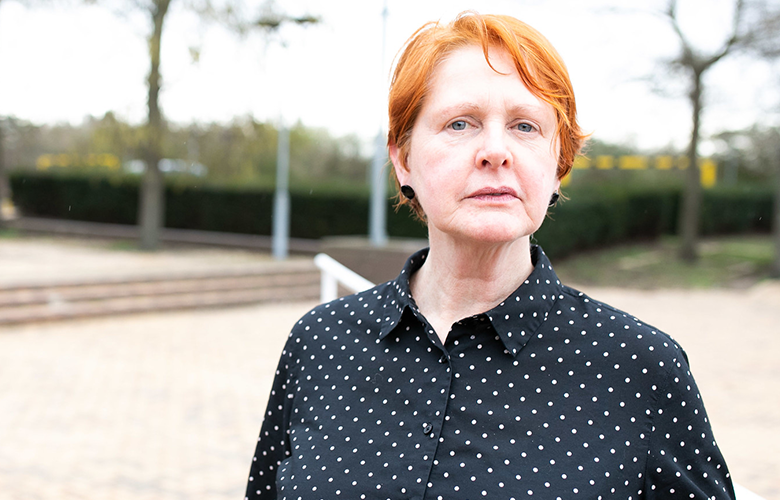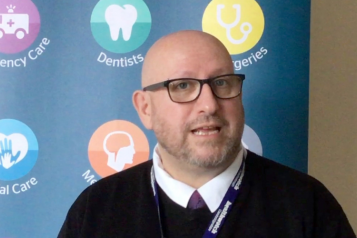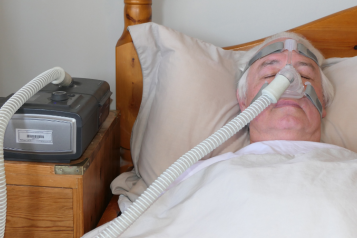Disabled people report being blocked from NHS care due to poor communications

New research from Healthwatch England shows services are failing in their legal duty to provide accessible information for people with physical and learning disabilities.
As part of the Your Care, Your Way campaign, between March and May 2022, Healthwatch across the country carried out an online survey of 605 people affected by communication challenges. Whilst the survey participants were self-selected, their views are likely to reflect those of a significant group of people who need communication support.
Read Healthwatch England's report
Refused communication support

Overall, Healthwatch found that one in four people (28%) said they had been refused help when requesting support to understand information about their healthcare.
The figure was even higher for Cambridgeshire and Peterborough where four out of nine said they had been refused healthcare information in a format and/or language they needed even though they asked for it.
This included information being provided in formats such as Braille, British Sign Language and easy read.
Not being given information in the right format affected people’s mental health and wellbeing (38%), meant they missed out on important information about their health (29%) or meant that they could not contact a service they needed (27%).
I am deaf and cannot access healthcare on the phone which often is the only option given. Also masks are a problem as I can’t lipread and staff won’t often remove them.
People also reported that the quality of communications from NHS and social care services had got worse over the last two years. Two-thirds (67%) felt that the way health and care services communicate with them had got worse or slightly worse over the course of the pandemic.
It is not just people with sensory impairments or learning disabilities who are affected by this issue. A fifth (22%) of those who reached out to Healthwatch to share their experiences identified themselves as having a mental health condition, such as depression or anxiety.
Of these people, 35% reported they rarely or never get the support they need to understand healthcare information or communicate with staff. The majority of them (70%) also said that the lack of information in a format that they could understand had a further impact on their mental health and wellbeing.
Accessible Information Standard Review
The findings come as NHS England (NHSE) are conducting a review of the Accessible Information Standard (AIS).
The standard says people who have a disability, impairment or sensory loss must be communicated with in a way that meets their needs.
Publication of this review is expected later in the year with updates to be implemented by April 2023.
Louise Ansari, national director at Healthwatch England said:
“Our findings are a stark reminder that some of the most vulnerable people in our society are still excluded from access to healthcare because they communicate in British Sign Language or they need information in visual formats. And this is despite that fact that their rights to accessible information are protected in law.
“People’s right to accessible information should be based on their communication needs, not just on a diagnosed disability. For instance, people who have a mental health condition or are waiting for a diagnosis should have a right to request communication support in the same way as people who have a sensory loss or a learning disability.
“If people cannot get information about their healthcare they understand, this can have a significant impact on their mental health and can lead to them missing doctor’s appointments or taking the wrong medication, putting them in danger.
“As we are waiting for the review of the Accessible Information Standard, we strongly advise that NHSE and the newly created 42 integrated care systems ensure equitable access to healthcare for everyone.”


